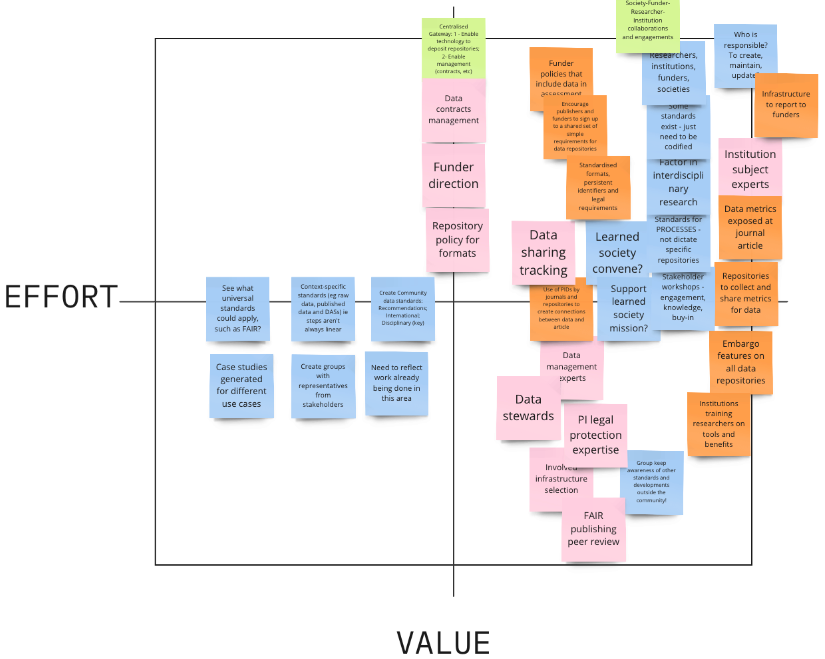
Coming down from the recent FORCE11 Scholarly Communication Institute (FSCI) and FORCE2024 conference at UCLA has allowed reflection on some of the recurring themes from the two events. One of these was the issue of language appropriation in the open scholarship space. In the process of attempting to write some of these issues up, it became clear that this requires something of a wander down history lane.







